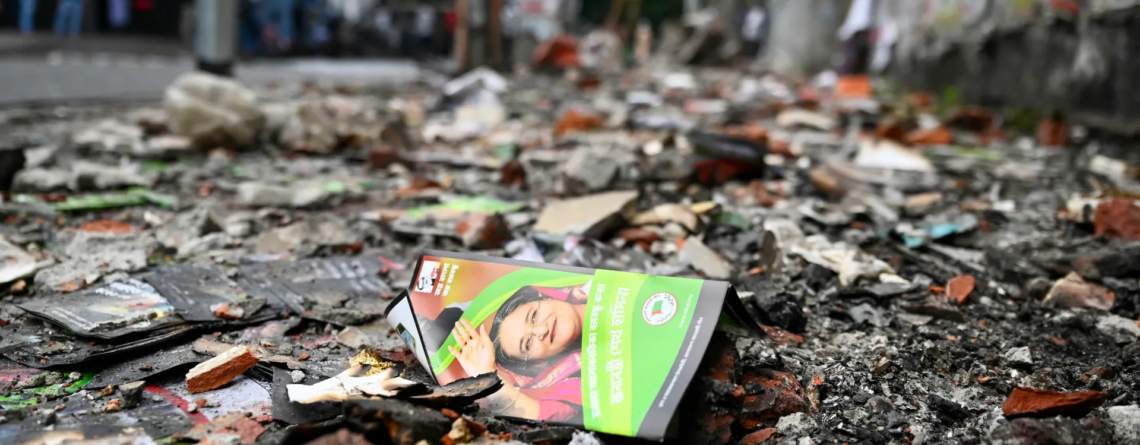Bangladesh. Informal economy under stress
In the bustling lanes of Dhaka’s Karwan Bazar, Rina Begum, a 42-year-old street vendor, arranges fresh vegetables on her wooden cart before sunrise. Her business-unregistered, untaxed, and absent from official GDP reports-is part of Bangladesh’s informal economy, a vast network of small-scale, unregulated ventures that employ millions. Globally, the informal sector accounts for over 60 per cent of employment; in Bangladesh, it sustains 85 per cent of the workforce, from rickshaw pullers to home-based garment workers. Yet, as inflation soars and policies continue to overlook them, this hidden pillar is weakening.
The informal sector plays an indispensable role in employment generation, providing opportunities for marginalised groups, including women, migrants, and youth. For individuals like Rina, who lost her farmland to river erosion and migrated to Dhaka, street vending offers a means of survival. She is among the 10 million engaged in informal trade, just as Abdul, a rickshaw driver in Mirpur, depends on his daily earnings to support his five children. Without this sector, poverty rates would rise dramatically. Rina’s modest 140-taka daily profit ensures her family has food, while Abdul’s income funds his children’s education. Informal markets also make essential goods and services more affordable-Rina sells vegetables at prices lower than supermarkets, while tailors in narrow alleyways offer stitching services at a fraction of mall rates. Entrepreneurship flourishes in this space, from homemade chanachur (spicy snacks) sold on trains to bamboo artisans in rural Cox’s Bazar. Many, like Rina, aspire to expand their businesses-if given the opportunity.
However, the informal economy faces mounting challenges. Inflation has driven up the cost of essentials, cutting into already slim profits. The absence of social protection leaves informal workers vulnerable-when Rina’s daughter fell ill, medical expenses drained her savings. Without pensions, insurance, or paid leave, setbacks quickly turn into crises. Government regulations add further strain, as street vendors face eviction drives and microloan requirements demand collateral they do not possess. “They call us illegal, but where else can we go?” Rina asks.
Supporting the informal economy requires targeted interventions. Expanding microfinance initiatives, such as those pioneered by Grameen Bank, could provide accessible loans without stringent conditions, enabling Rina to secure a stall or Abdul to repair his rickshaw. Simplified business registration and tax incentives would ease the transition towards formalisation.
Governments must balance regulation with empathy, financial institutions must rethink lending, and society must recognise the contributions of informal workers. As Rina aptly puts it, “We’re not asking for charity-just a fair chance.” Their resilience drives the nation forward; supporting them is sine qua non for the country’s socio-economic progress
Read more @today thefinancialexpress











